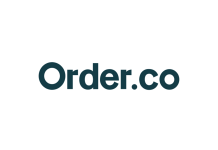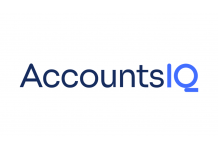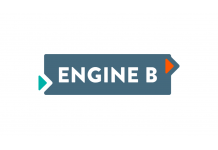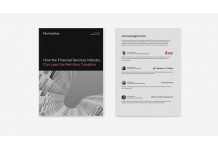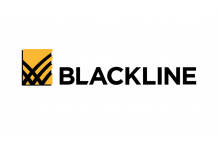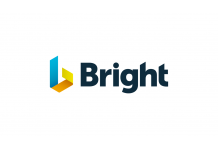FINOM Unveils Autonomous AI Accounting Agent to...
- 25.02.2025 08:55 am
Wolters Kluwer Releases Inaugural Report, The Future...
- 15.01.2025 07:55 am
Lili Launches Accountant AI to Help Small Businesses...
- 16.05.2024 03:25 pm
Order.co Launches Revamp of Accounting Integrations,...
- 16.04.2024 01:45 am
Railpen Appoints BNY Mellon To Provide Transformative...
- 29.02.2024 01:25 pm
Vertex Achieves Certified Integration with the Mirakl...
- 20.12.2023 07:50 am
AccountsIQ Scoops Silver in UK Customer Experience...
- 26.10.2023 11:30 am
Engine B Brings Copilots to the Audit, Tax and...
- 25.10.2023 09:10 am
Financial Services is at a Crossroads - Normative...
- 27.09.2023 11:05 am
BlackLine Announces Industry’s First AI-Enabled...
- 12.09.2023 03:25 pm
Accounting Software Specialist Bright Launches...
- 11.09.2023 12:35 pm
WhisperClaims Extends Support Offering for HMRC’s...
- 08.08.2023 10:45 am





